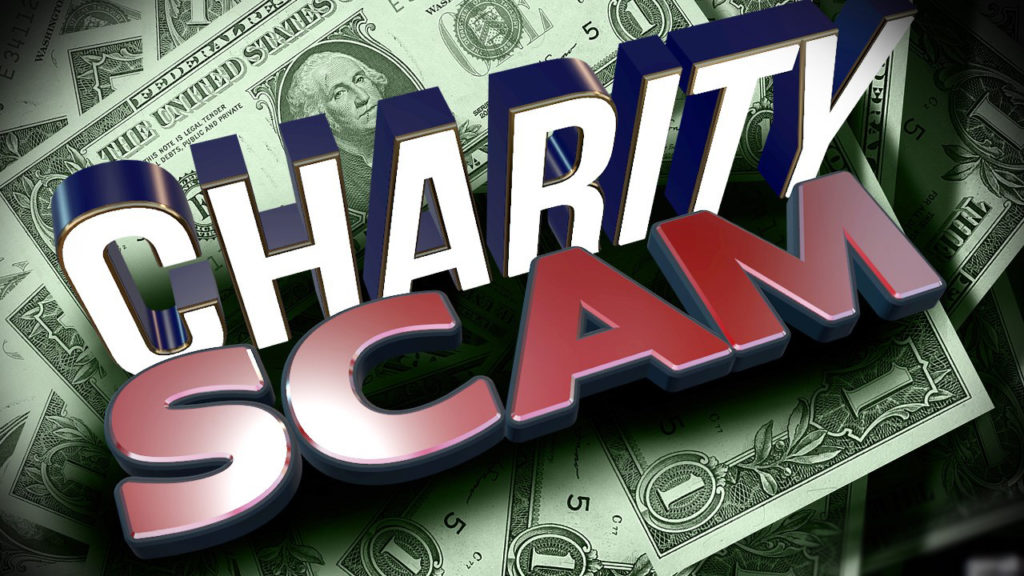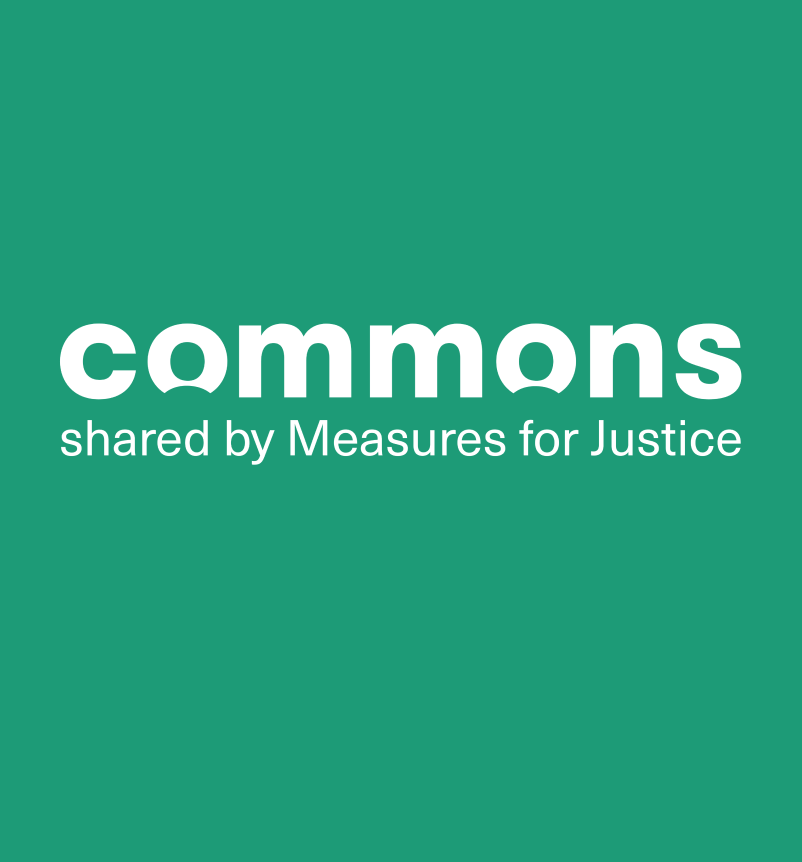(Woodland, CA) – (May 22, 2020) – The COVID-19 pandemic has shown that people have bonded together and helped their neighbors in their time of need. Charities across the country have stepped up to fill these needs, while others have decided to profit illegitimately from people’s generosity. Scammers are using counterfeit appeals, fake charities, and fabricated causes to swindle donations from good-hearted people.
No one wants their Coronavirus donations went to a scammer. Often times it is difficult for law enforcement to track and get this stolen money back to you. So, before you give to charities, do informed research. Search online for the charity’s name and the words “scam” or “fraud.” Review the ratings of the charity by the following organizations: BBB Wise Giving Alliance, Charity Navigator, Charity Watch, and Guide Star. You can also check the charity’s registration status with your local charity regulator. Make sure they registered to take donations here in California. You can check here at the California State Attorney’s General website: (https://oag.ca.gov/charities).
Here is a list of precautions you can take to ensure you are not victimized by these scammers who want to take advantage of your generosity:
- Use a credit card to make your donations. It’s the safest way to donate. Never donate giving out gift card numbers or using a wire transfer. If someone asks you to donate that way, you can be sure it’s a scam.
- Always double check the name of the organization where you are sending your donation. Many fake charities pop up during times of national crisis. Often these fake charities use names similar to those of well-known organizations, but with one word different or the name slightly misspelled.
- Remember to ask lots of questions. What’s the charity’s contact information? Do they have a website and physical address? How much of my donation will go to the program I want to help? How many people will the charity help? If donating locally is important to you, ask how the charity uses your donation in your area? If you get vague answers, move on from this questionable charity.
- Beware of donation requests solicited through social media. Just because a friend liked it or shared it doesn’t mean it’s legitimate. Do your own research. Call your friends or contact them offline to ask them about the charity.
- Confirm your donation is tax deductible. You can use the IRS’s Tax Exemption Organization Search (https://www.irs.gov/charities-non-profits/tax-exempt-organization-search) to verify. Know that donations to individuals are not tax deductible.
Remember if it sounds too good to be true, it probably isn’t. For more tips on donating wisely to charities visit: https://www.ftc.gov/charity. To report charity scams and fraud locally, call the Yolo County District Attorney’s Fraud Hotline at: 1-855-4-YOLO-DA. While there are people looking to take advantage of others in this uncertain time, taking precautions and being aware of recent scams can protect you and others from being the next victim.
###


